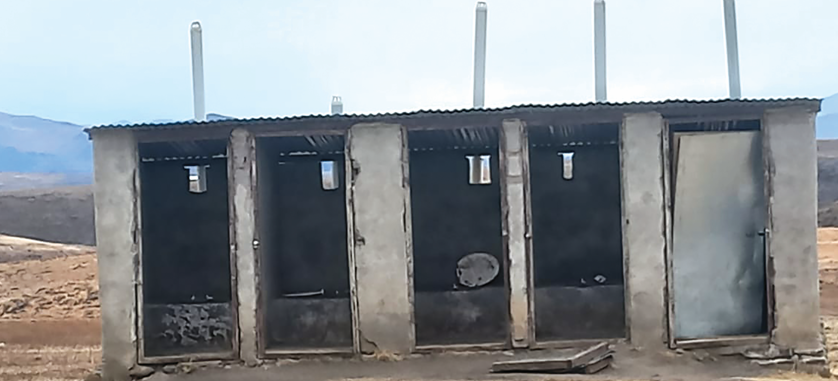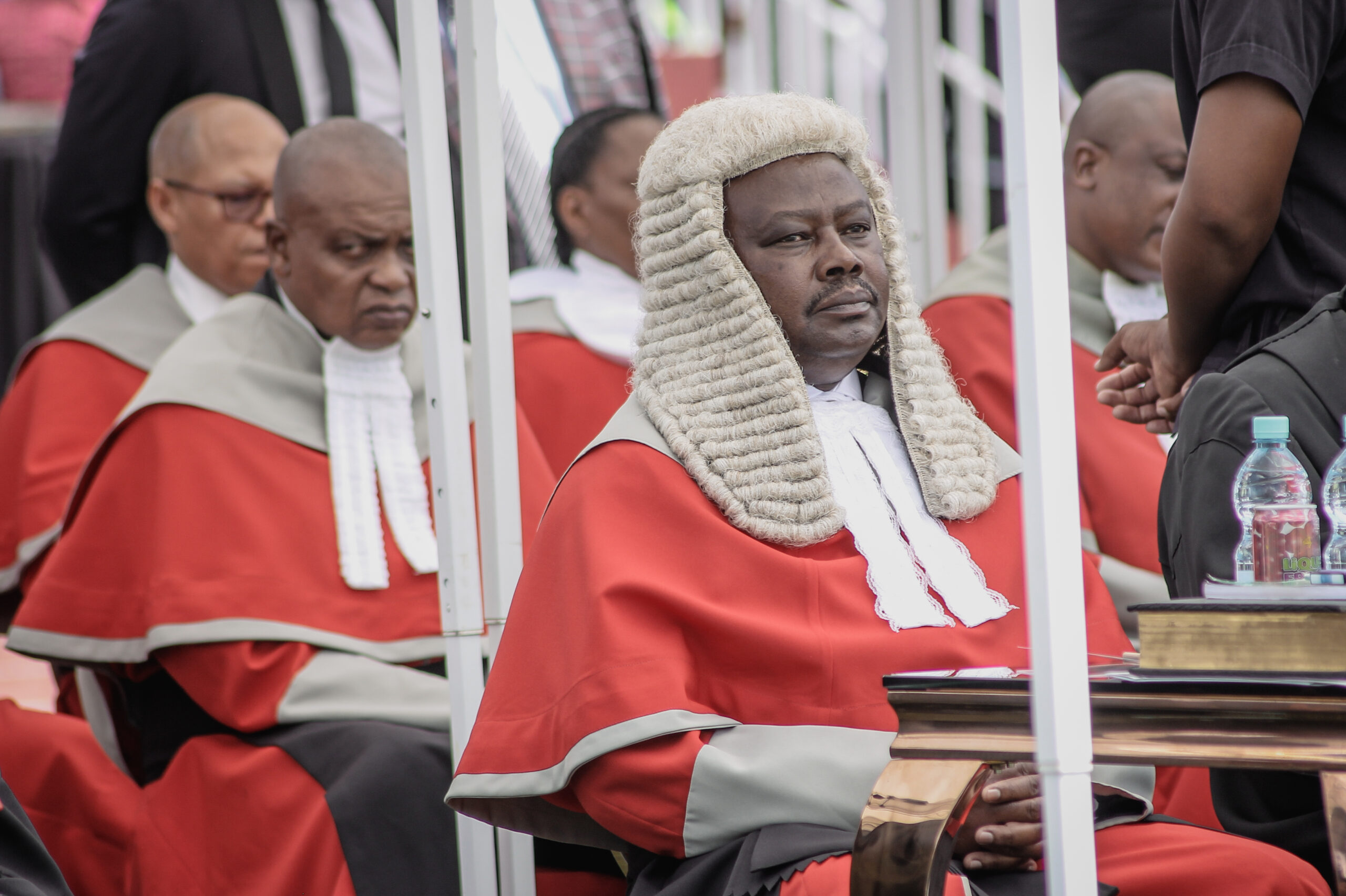- But stops short of full reform
- hints at a potential end to male-only inheritance by reviewing its long-standing reservation to Article 2 of CEDAW
The government is actively considering withdrawing its reservation on Article 2 of the Convention on the Elimination of All Forms of Discrimination Against Women (CEDAW), which addresses gender equality in succession to the throne and chieftainship.
Upon ratifying the convention, Lesotho placed a reservation on Article 2, stating: “the Government of the Kingdom of Lesotho does not consider itself bound by Article 2 to the extent that it conflicts with Lesotho’s constitutional stipulations relative to succession to the Throne of the Kingdom of Lesotho and the law relating to succession to chieftainship.”
Responding to inquiries from a delegation of the African Commission on Human and Peoples’ Rights, Minister of Foreign Affairs and International Relations, LejoneMpotjoane, confirmed that the government is reviewing the possibility of removing this reservation.
“In response to the Delegation’s question on this reservation, the Minister of Foreign Affairs and International Relations noted that the Government of Lesotho was actively considering the withdrawal,” the commission note in its report distributed this week.
However, Mpotjoane, according to the report, further told the commission that the constitutional reform process recently found that the people of Lesotho and key stakeholders prefer to maintain the current system, where succession follows traditional norms.
This means that while the government is officially considering withdrawal, strong traditional views on leadership may delay or prevent any actual policy change.
In September 2023, the United Nations Human Rights Committee raised concerns that several international and regional human rights instruments ratified by Lesotho have not been fully integrated into domestic law. As a result, these instruments are not fully applicable in Lesotho’s courts unless formally incorporated through legislation. Furthermore, national legislation takes precedence in cases of conflict.
The committee urged Lesotho to fully integrate international human rights instruments into domestic law and ensure that all national legislation aligns with the International Covenant on Civil and Political Rights.
Although the committee welcomed efforts to combat discrimination against women, particularly regarding land access, it remained concerned about Section 18(4)(c) of the Constitution, which allows customary law to override gender equality in areas such as inheritance, marriage, nationality, land rights, and chieftaincy.
“The State party should consider revising Section 18(4)(c) of the Constitution to ensure that its provisions are clear and unequivocal and cannot be potentially used as grounds for discrimination against women,” the committee recommended.
Section 18 of the Constitution guarantees that no law shall be discriminatory in itself or in effect. However, subsection (4)(c) creates an exception, allowing customary law to apply in matters of chieftainship, thereby upholding male primogeniture.
In Lesotho, chieftainship and succession to the throne are governed by customary law, which prohibits women from inheriting the throne. Under this system, a king is succeeded by his firstborn son.
If Section 18(4)(c) were amended, gender equality advocates could successfully challenge the customary law, arguing that it violates the Constitution.
Should such a challenge succeed, Princess Senate, the firstborn daughter of King Letsie III and Queen ‘MasenateMohatoSeeiso, could legally succeed her father as monarch and head of state.
The King has two daughters and a son, who is the youngest child, being the designated heir under customary law.
In May 2012, the High Court of Lesotho, sitting as the Constitutional Court, ruled in Masupha v The Senior Resident Magistrate for the Subordinate Court of Berea & Others that Section 10 of the Chieftainship Act No. 10 of 1968, which denies all daughters the right to inherit chieftainship, is constitutional.
The case was brought by Senate Masupha, the firstborn child of the late Principal Chief GabasheaneMasupha and ChieftainessMasenateGabasheaneMasupha. She argued that Section 10 of the Chieftainship Act violated her constitutional right to equality and freedom from discrimination.
However, the court ruled that male primogeniture in chieftainship succession was not unconstitutional discrimination but rather a form of differentiation within an inherently undemocratic institution. The court also noted that chieftainship is exclusive, not only barring daughters but also illegitimate sons and second-born sons.
The judgment referenced Justice SandileNgcobo’s concurrence in the South African case of Bhe& Others v Magistrate, Khayelitsha, which upheld male primogeniture as a system designed to preserve family unity and ensure certainty in succession. The court found this rationale even more relevant to Lesotho, given its strong cultural homogeneity.
As a result, the court concluded that the male primogeniture rule was reasonable, justifiable, and consistent with Lesotho’s constitutional protections of customary law.
The ruling affirmed that the Chieftainship Act is a legitimate restatement of customary law and is not in conflict with the Constitution.

Authored by our expert team of writers and editors, with thorough research.












